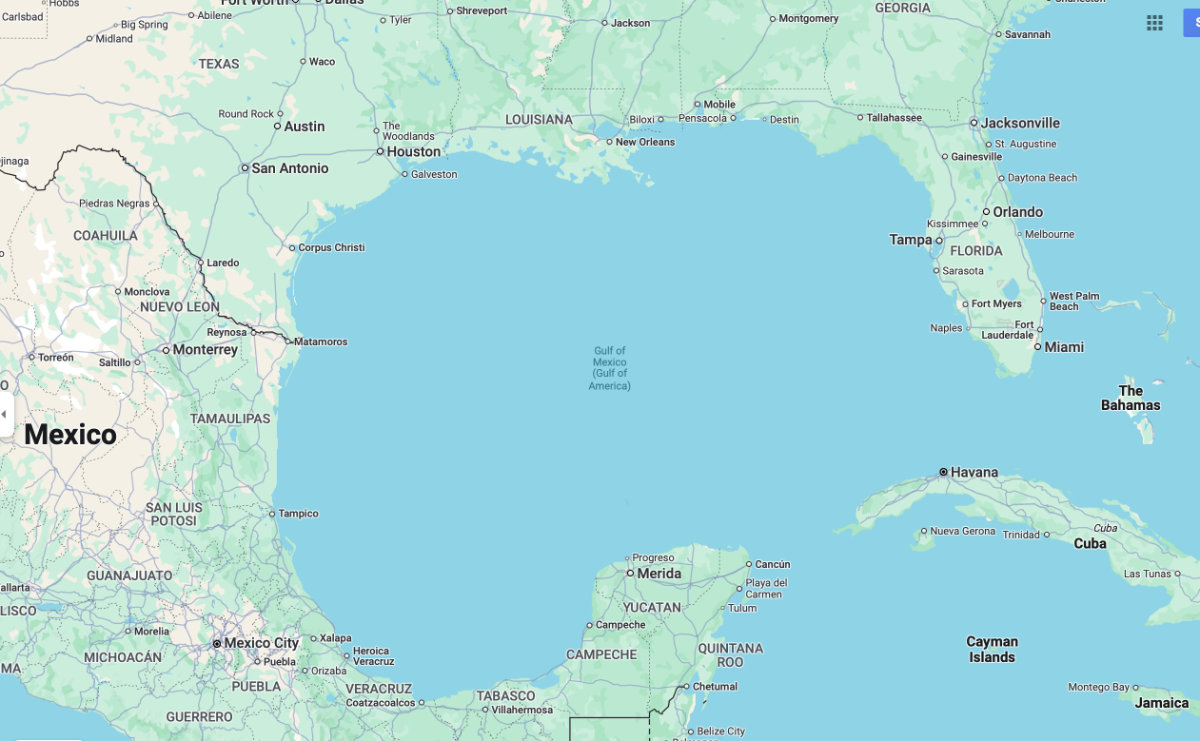MELBOURNE: Social media giants on Friday hit out at a landmark Australian law banning them from signing up under-16s, describing it as a rush job littered with “many unanswered questions.”
The UN children’s charity UNICEF Australia joined the fray, warning the law was no “silver bullet” against online harm and could push kids into “covert and unregulated” spaces online.
Prime Minister Anthony Albanese said the legislation may not be implemented perfectly — much like existing age restrictions on alcohol — but it was “the right thing to do.”
The crackdown on sites like Facebook, Instagram and X, approved by parliament late Thursday, will lead to “better outcomes and less harm for young Australians,” he told reporters.
Platforms have a “social responsibility” to make children’s safety a priority, the prime minister said.
“We’ve got your back, is our message to Australian parents.”
Social media firms that fail to comply with the law face fines of up to Aus$50 million ($32.5 million).
TikTok said Friday it was “disappointed” in the law, accusing the government of ignoring mental health, online safety and youth experts who had opposed the ban.
“It’s entirely likely the ban could see young people pushed to darker corners of the Internet where no community guidelines, safety tools, or protections exist,” a TikTok spokesperson said.
Tech companies said that despite the law’s perceived shortcomings, they would engage with the government on shaping how it could be implemented in the next 12 months.
The legislation offers almost no details on how the rules will be enforced — prompting concern among experts that it will simply be a symbolic, unenforceable piece of legislation.
Meta — owner of Facebook and Instagram — called for consultation on the rules to ensure a “technically feasible outcome that does not place an onerous burden on parents and teens.”
But the company added it was concerned “about the process, which rushed the legislation through while failing to properly consider the evidence, what industry already does to ensure age-appropriate experiences, and the voices of young people.”
A Snapchat spokesperson said the company had raised “serious concerns” about the law and that “many unanswered questions” remained about how it would work.
But the company said it would engage closely with government to develop an approach balancing “privacy, safety and practicality.”
“As always, Snap will comply with any applicable laws and regulations in Australia,” it said.
UNICEF Australia policy chief Katie Maskiell said young people need to be protected online but also need to be included in the digital world.
“This ban risks pushing children into increasingly covert and unregulated online spaces as well as preventing them from accessing aspects of the online world essential to their wellbeing,” she said.
One of the biggest issues will be privacy — what age-verification information is used, how it is collected and by whom.
Social media companies remain adamant that age-verification should be the job of app stores, but the government believes tech platforms should be responsible.
Exemptions will likely be granted to some companies, such as WhatsApp and YouTube, which teenagers may need to use for recreation, school work or other reasons.
The legislation will be closely monitored by other countries, with many weighing whether to implement similar bans.
Lawmakers from Spain to Florida have proposed social media bans for young teens, although none of the measures have been implemented yet.
China has restricted access for minors since 2021, with under-14s not allowed to spend more than 40 minutes a day on Douyin, the Chinese version of TikTok.
Online gaming time for children is also limited in China.





























